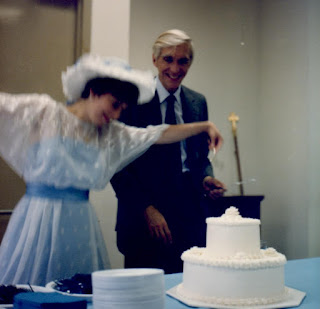Malcolm Gaskill, On Quitting Academia
Malcolm Gaskill, On Quitting Academia This week’s edition of The London Review of Books has a long piece by Malcolm Gaskill analysing his decision last May to take voluntary redundancy from the University of East Anglia and to leave the academic world. [1] It is partly a personal story about his journey from doctoral research in Cambridge to a temporary lectureship in history at Keele University, the completion of his Ph.D. and, in due course, his arrival at UEA in 2007 where he became a Professor four years later. On this journey, there were moments of excitement, of intellectual revelation, of articles and books being published, of attendance at conferences and seminars, the supervision of postgraduates and so on. Then, two years ago, came a turning point, the failure to win an important research grant, two articles being submitted and rejected, one of them on what seemed to him unsound grounds. It was an awakening: he had lost faith in his career and decided, after much int...
